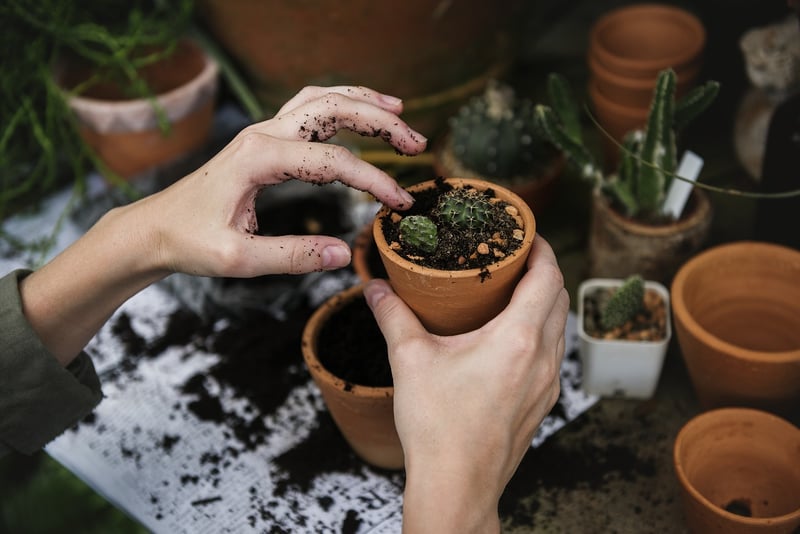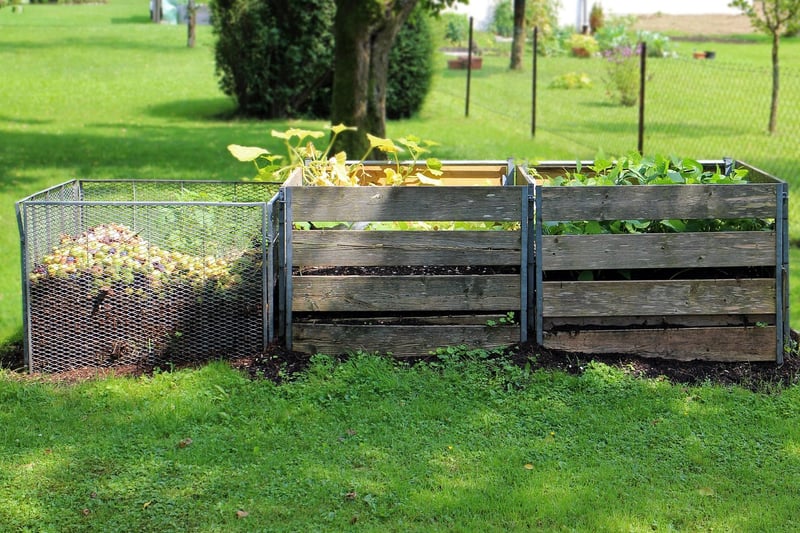Composting Methods
Environmentally Conscious Gardening and Composting Methods

In a world where environmental sustainability is becoming increasingly important, many people are turning to environmentally conscious gardening practices to minimize their impact on the planet. Combining gardening with composting is a great way to create a sustainable garden while reducing waste. Let's explore some environmentally friendly gardening and composting methods.
1. Organic Gardening
Organic gardening involves growing plants without the use of synthetic fertilizers or pesticides. Instead, organic gardeners rely on natural methods like composting, crop rotation, and companion planting to nurture their plants. By avoiding harmful chemicals, organic gardening helps protect the environment and promotes biodiversity.
2. Water Conservation
Conserving water is essential for environmentally conscious gardening. Using techniques like drip irrigation, mulching, and collecting rainwater can help reduce water waste in the garden. By being mindful of water usage, gardeners can contribute to water conservation efforts and promote sustainability.
3. Composting
Composting is a natural process that transforms organic waste into nutrient-rich soil conditioner. By composting kitchen scraps, yard waste, and other organic materials, gardeners can create their own compost to enrich the soil. This not only reduces waste sent to landfills but also improves soil health and fertility.

4. Vermicomposting
Vermicomposting is a type of composting that uses worms to break down organic matter. Worms, such as red wigglers, help accelerate the decomposition process and produce high-quality compost known as vermicast. Vermicomposting is a convenient and efficient way to recycle food scraps and create nutrient-rich soil amendments for the garden.
5. No-Dig Gardening
No-dig gardening is a method that eliminates traditional digging and tilling of the soil. By layering organic materials like compost, mulch, and newspaper on top of the soil, gardeners can create a healthy growing environment for plants. No-dig gardening helps preserve soil structure, retain moisture, and promote beneficial soil organisms.
6. Planting Native Species
Planting native species in the garden helps support local ecosystems and wildlife. Native plants are well-adapted to the climate and soil conditions of a region, requiring less water and maintenance. By incorporating native species into the garden, gardeners can attract pollinators, birds, and beneficial insects while conserving biodiversity.
By adopting environmentally conscious gardening practices and incorporating composting methods into your routine, you can create a sustainable garden that benefits both the environment and your plants. Start small, experiment with different techniques, and enjoy the rewards of gardening in harmony with nature.
